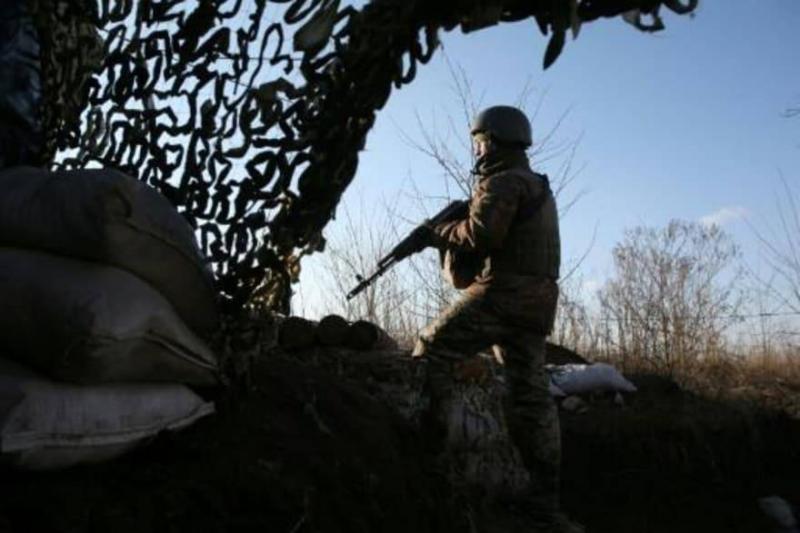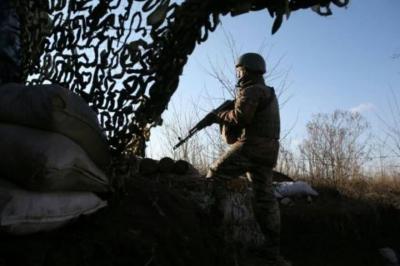NATO foreign ministers are set to meet on Tuesday to discuss responding to Russian military reinforcements at the Ukrainian border amid concerns that the Kremlin may be preparing for an invasion. The meeting, scheduled to take place in Riga, the capital of Latvia, occurs against the backdrop of heightened tensions in Eastern Europe, coinciding with a refugee crisis that Western nations accuse Belarus, backed by the Kremlin, of orchestrating.
Western countries, led by the United States, fear that Moscow may be planning an incursion into Ukraine after accusing the Kremlin of amassing troops near the border. NATO Secretary General Jens Stoltenberg stated during a visit to NATO forces in Latvia, “There is no clarity on Russian intentions, but there is an unusual buildup of forces for the second time this year.” He added, “We see heavy equipment, drones, electronic warfare systems, and tens of thousands of soldiers ready to fight.”
Moscow, which annexed Crimea from Ukraine in 2014 and supports separatists in Eastern Ukraine, vehemently denies any plans to launch an attack and blames NATO for escalating tensions. NATO diplomats indicate that the alliance remains uncertain about Russian President Vladimir Putin's intentions, but ministers will discuss emergency plans in the event of a Russian invasion.
The U.S.-led alliance aims to show the Kremlin that it would incur high costs for threatening Ukraine without provoking Moscow into further aggression. Officials expect discussions to touch on providing additional support to the Ukrainian military and the potential reinforcement of NATO forces deployed on the alliance's eastern flank. However, they note that Ukraine, which aspires to join NATO and whose foreign minister will attend the two-day meeting, is not covered by the alliance’s collective defense treaty.
A senior U.S. official stated, “We want to leave no doubt in people’s minds that there will be severe consequences, strategic consequences for Russia if it follows the path we fear it might be taking.” He added, “The issue is about finding the right signals and deterrent posture that effectively leads to de-escalation rather than escalation.”
U.S. President Joe Biden mentioned on Friday that he would likely speak to the leaders of Russia and Ukraine to seek to de-escalate rising tensions.
### "Hybrid Attack"
The surge of concern over Ukraine coincides with another threat from the east facing NATO members Poland, Lithuania, and Latvia, which will be a key topic of discussion in Riga. These countries accuse Belarus of sending thousands of migrants, mostly from the Middle East, to their borders in a "hybrid attack" in response to European Union sanctions on Minsk. Belarusian President Alexander Lukashenko rejects these accusations.
NATO has expressed "solidarity" with its eastern members but has refrained from direct intervention, noting that the current threats do not rise to the level of actual aggression. Polish President Andrzej Duda discussed the enhancement of NATO forces in the eastern regions during a meeting with Stoltenberg last week but has postponed a move to initiate emergency consultations under Article 4 of the founding treaty of the alliance for the time being.
During a joint visit to the Baltic region on Sunday, Stoltenberg and European Commission President Ursula von der Leyen pledged to strengthen cooperation in addressing such challenges. Border tensions have eased somewhat as some migrants begin to return to Iraq, although Warsaw and Vilnius insist that the crisis is far from over. Lithuanian President Gitanas Nausėda stated, “There is no doubt that Lukashenko's regime and the forces supporting it will continue to test the (resolve) of Western unity and ability to respond.”




